| ||||||||||||||||
| Turnout | 15,213 (73.56%) | |||||||||||||||
|---|---|---|---|---|---|---|---|---|---|---|---|---|---|---|---|---|
| ||||||||||||||||
| ||||||||||||||||
The Fendalton by-election of 1967 was a by-election for the electorate of Fendalton on 15 April 1967 during the 35th New Zealand Parliament.
Contents
It was held the same day as another by-election in Petone. [1]
| ||||||||||||||||
| Turnout | 15,213 (73.56%) | |||||||||||||||
|---|---|---|---|---|---|---|---|---|---|---|---|---|---|---|---|---|
| ||||||||||||||||
| ||||||||||||||||
The Fendalton by-election of 1967 was a by-election for the electorate of Fendalton on 15 April 1967 during the 35th New Zealand Parliament.
It was held the same day as another by-election in Petone. [1]
The by-election resulted from the death of the previous member the Hon Harry Lake on 21 February 1967; Lake had been Minister of Finance since 1960, a rapid rise to an important ministerial post. He died suddenly of a heart attack aged 55 years. [2]
There were two candidates for the Labour Party nomination. [3]
Barclay was selected. He had contested Fendalton for Labour at both of the previous two general elections. [4] His father Jim Barclay was a Labour MP from 1935 to 1943 and his cousin Ron Barclay had been elected MP for New Plymouth in 1966. [3]
There were four nominees for the National Party candidacy. [5]
Holland was chosen as the National Party's candidate after winning a ballot of 180 party members from the electorate. [5] His father Sidney Holland had previously represented Fendalton from 1946 until 1957 and was Prime Minister from 1949 to 1957 when he retired. [6]
The Social Credit Party selected Joseph John Forster, an employee at the North Canterbury Hospital Board, as its candidate. Forster had contested Fendalton for Social Credit at the 1960 and 1966 elections. [7]
The Liberal Party also contemplated standing a candidate, though the party executive ultimately decided against it. [7]
The following table gives the election results:
| Party | Candidate | Votes | % | ±% | |
|---|---|---|---|---|---|
| National | Eric Holland | 7,024 | 46.17 | ||
| Labour | Bruce Barclay | 6,738 | 44.29 | +6.12 | |
| Social Credit | John Forster | 1,451 | 9.53 | -0.93 | |
| Majority | 286 | 1.87 | |||
| Turnout | 15,213 | 73.56 | -12.15 | ||
| Registered electors | 20,681 | ||||
| National hold | Swing | ||||
The by-election was won by Eric Holland, also of the National Party. Holland was the son of former prime minister Sidney Holland. Despite being a safe National seat, the election night results had a 67-vote majority to Labour's candidate Bruce Barclay, the shock result prompted Leader of the Opposition Norman Kirk to declare that National had lost its mandate to govern. [8] However after 1,300 special votes were counted National did manage to hold the seat by just 286 votes a swing of over 5% to Labour. [9]

Sir Sidney George Holland was a New Zealand politician who served as the 25th prime minister of New Zealand from 13 December 1949 to 20 September 1957. He was instrumental in the creation and consolidation of the New Zealand National Party, which was to dominate New Zealand politics for much of the second half of the 20th century.

Harry Robson Lake was a New Zealand politician who served as Minister of Finance for six years in the second National government in the 1960s. He died of a heart attack when only 55 years old.
The Christchurch Central by-election of 1979 was a by-election during the 39th New Zealand Parliament. It was prompted by the death of Bruce Barclay, a Labour Party MP, and resulted in Geoffrey Palmer, also of the Labour Party, being elected to replace him for the seat of Christchurch Central. Palmer would eventually go on to become Prime Minister. The by-election was somewhat embarrassing for the National Party, whose candidate was pushed into third place by Social Credit's Terry Heffernan.
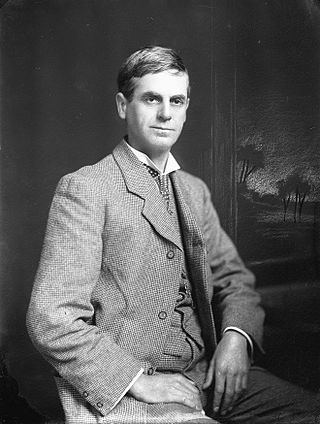
Thomas Edward Taylor was a Christchurch mayor, New Zealand Member of Parliament, businessman and prohibitionist.

Daniel Giles Sullivan was a New Zealand Member of Parliament, Cabinet Minister and Mayor of Christchurch.

Thomas Malcolm McGuigan was a New Zealand politician of the Labour Party.
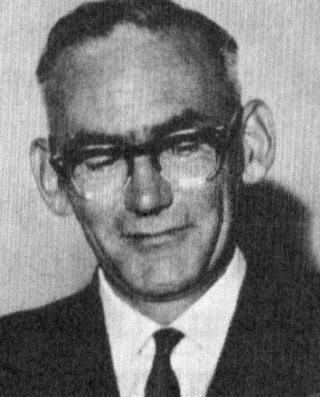
Bruce Gillespie Barclay was a New Zealand politician, being the Member of Parliament for Christchurch Central in the South Island.
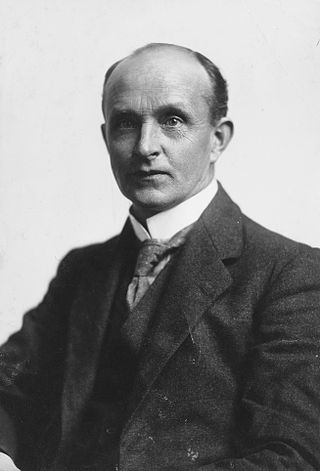
James (Jimmy) McCombs was a New Zealand Member of Parliament for Lyttelton.

Eric Sidney Fostyn Holland was a New Zealand politician who served as an elected member of the House of Representatives from 1967 to 1981 for the National Party and as a Cabinet Minister in the second and third National governments.

George Laurenson was a New Zealand Member of Parliament for Lyttelton in the South Island.
Fendalton is a former New Zealand parliamentary electorate. It existed during two periods between 1946 and 1996. The electorate was in the western suburbs of Christchurch, New Zealand. Fendalton is an expensive suburb, and was always represented by the National Party.
Lyttelton is a former New Zealand parliamentary electorate. It existed from 1853 to 1890, and again from 1893 to 1996, when it was replaced by the Banks Peninsula electorate.
The New Zealand Liberal Party was a classical-liberal party that was formed to stand candidates in the 1963 general election. It was defunct after the 1966 general election, which it did not stand candidates for.

Sir George Manning was Mayor of Christchurch from 1958 to October 1968, when he retired. He served a total of 34 years on the Christchurch City Council.
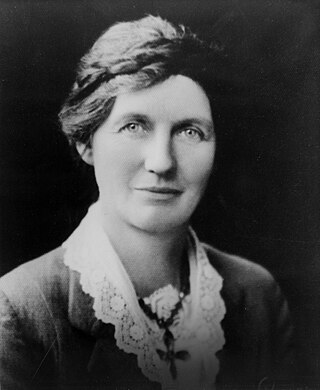
The Lyttelton by-election of 1933 was a by-election held during the 24th New Zealand Parliament in the Christchurch electorate of Lyttelton. It is notable for being won by Elizabeth McCombs of the New Zealand Labour Party, who became the first woman to be elected to the New Zealand Parliament. This by-election was therefore seen as a milestone in Women's suffrage in New Zealand.

The 1943 Christchurch East by-election held on 6 February was caused by the death of Tim Armstrong during the term of the 26th New Zealand Parliament. The by-election in the Christchurch East electorate was contested by five candidates, including representatives from the Labour Party, the Labour breakaway party Democratic Labour Party and the National Party. The election was won by the Labour candidate, Mabel Howard, and started her long parliamentary career, which included her becoming the first female cabinet minister in 1947.

Denis John O'Rourke is a former New Zealand politician. He served fifteen years as a councillor on Christchurch City Council, and served six years as a Member of Parliament representing New Zealand First.
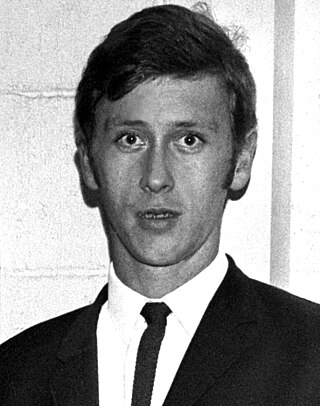
The Sydenham by-election 1974 was a by-election held in the Sydenham electorate during the term of the 37th New Zealand Parliament on 2 November 1974. Eight candidates stood in total.
The Southern Māori by-election of 1967 was a by-election for the electorate of Southern Maori on 11 March 1967 during the 35th New Zealand Parliament. The by-election resulted from the death of the previous member Sir Eruera Tirikatene on 11 January 1967.
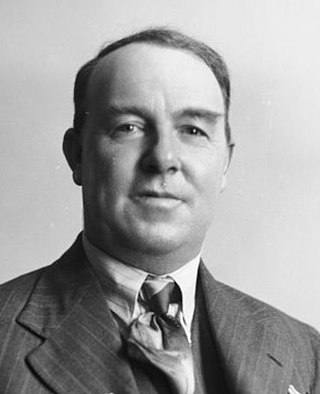
The 1938 Christchurch City mayoral election was held on 11 May. The incumbent, John Beanland of the Citizens' Association, failed to get the nomination by his party and the surgeon Dr. John Guthrie was nominated instead. The Labour Party nominated Robert Macfarlane. Both the Labour and conservative candidate had been members of Christchurch City Council for some years. Macfarlane narrowly won the mayoralty.